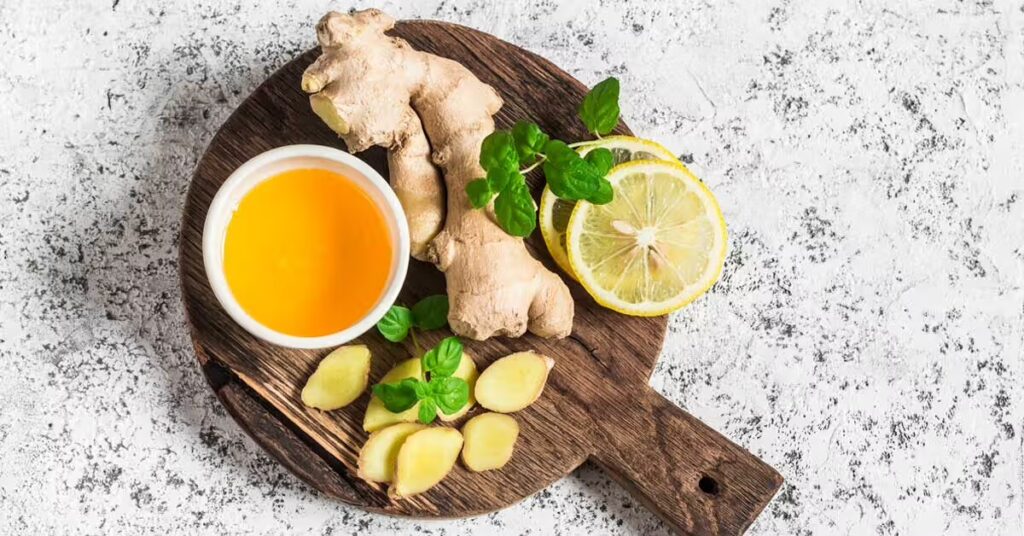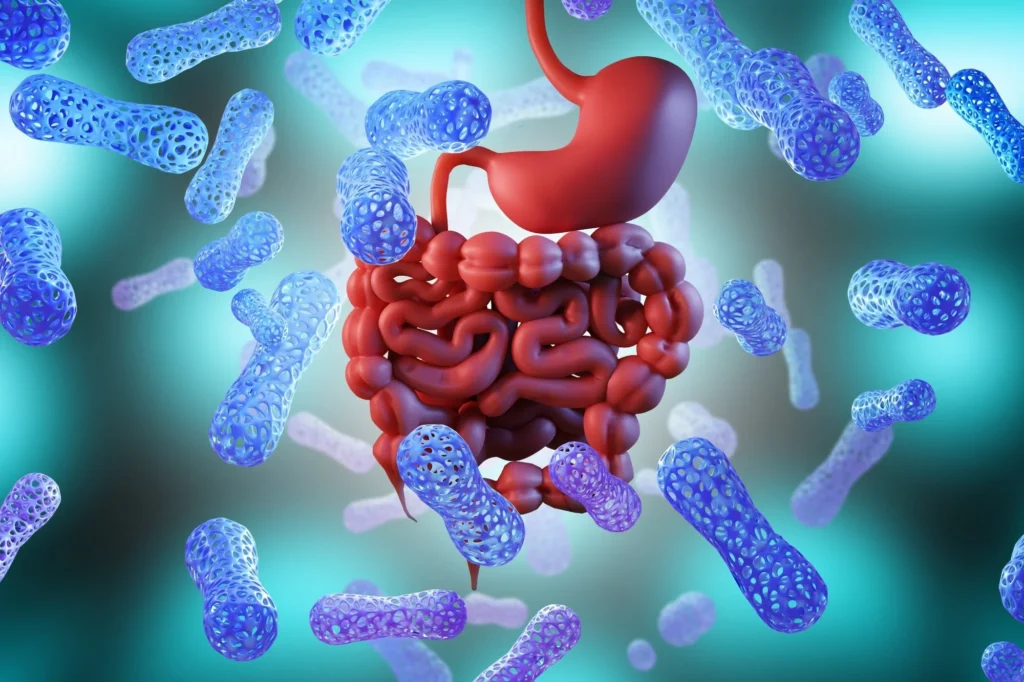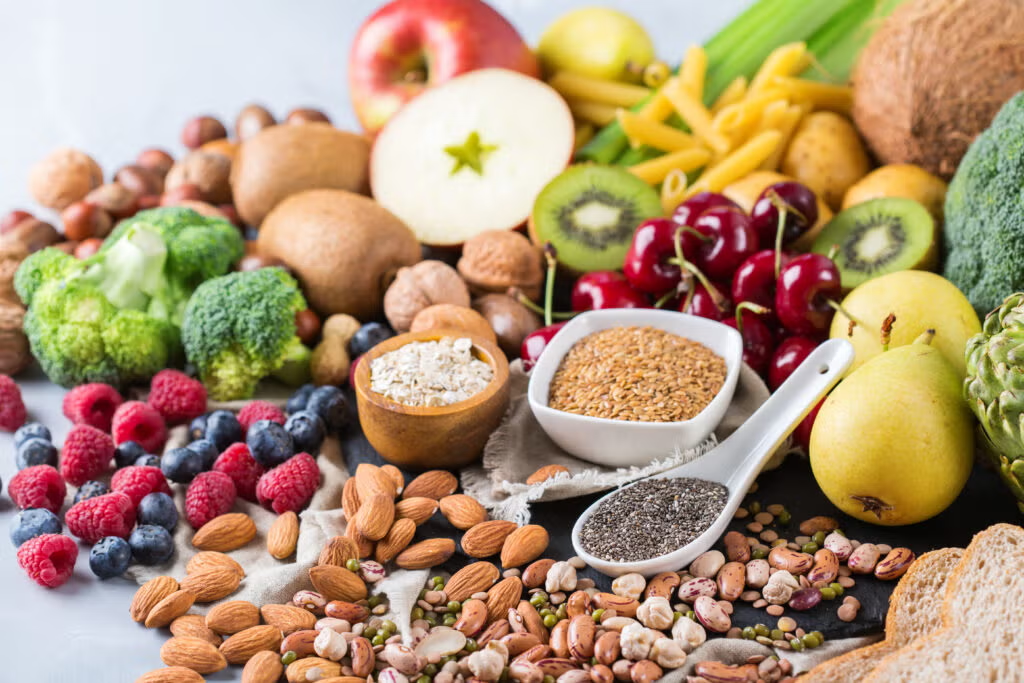Dealing with tummy troubles after starting a round of antibiotics? You’re not alone. Many people search for home remedies for upset stomach from antibiotics to find safe, effective ways to ease nausea, cramps, diarrhea, and digestive discomfort. While antibiotics treat infections, they can also disrupt your gut balance and irritate the stomach. The good news: gentle, natural remedies and simple lifestyle tweaks can offer fast, soothing relief.
This comprehensive article provides expert-backed guidance, practical examples, and easy-to-follow tips for anyone looking to minimize side effects and support gut health before, during, and after antibiotic treatment.
Understanding Antibiotic-Related Stomach Upset
Why Do Antibiotics Cause Stomach Problems?
Antibiotics work by killing bacteria that cause infections. Unfortunately, they often wipe out some of the “good” bacteria in your gut, which can lead to:
- Nausea and loss of appetite
- Diarrhea or loose stools
- Stomach cramps or mild abdominal pain
- Bloating or gas
Some antibiotic types are more likely to upset the stomach than others, but nearly all antibiotic courses can cause digestive issues for some people.
Signs to Watch For
Most antibiotic-related stomach symptoms are mild and temporary. However, if you experience persistent vomiting, severe diarrhea, or blood in your stool, seek medical help.
Top Home Remedies for Upset Stomach from Antibiotics
These natural and practical remedies can bring quick comfort and help restore digestive balance.
1. Probiotic-Rich Foods and Supplements
Why they help:
Probiotics are healthy bacteria that restore gut flora disrupted by antibiotics. They can reduce diarrhea, bloating, and cramps, especially when started early in the antibiotic course.
What to try:
- Plain yogurt with live active cultures
- Kefir, a tangy fermented milk drink
- Sauerkraut, kimchi, or other fermented vegetables
- Probiotic supplements containing Lactobacillus and Bifidobacterium strains (look for ≥10 billion CFUs, and ideally 5+ strains)
How to use:
Take probiotics at least 2 hours before or after each antibiotic dose to maximize effectiveness. Continue for a week after finishing antibiotics.
2. Eat a Gentle, Soothing Diet
Keeping meals bland and easy on the stomach helps reduce nausea and cramping.
Key diet tips:
- BRAT diet: Bananas, rice, applesauce, and toast — all are bland, low-fiber, and easy to digest.
- Steamed potatoes, plain crackers, oatmeal, or chicken broth.
- Avoid spicy, fatty, fried, or highly seasoned foods during recovery.
- Limit raw fruits/vegetables, dairy, caffeine, and alcohol, which can worsen symptoms.
3. Stay Hydrated and Restore Electrolytes
Stomach upset and diarrhea can quickly dehydrate the body. Keeping fluids up is crucial.
Best drinks:
- Sips of plain water throughout the day
- Broth (chicken, beef, or vegetable) to replenish sodium/potassium
- Diluted fruit juice (avoid citrus or acidic juices)
- Oral rehydration solutions if diarrhea is severe
Caution:
Minimize caffeine and alcohol, which irritate the gut and worsen dehydration.
4. Sip on Herbal Teas for Soothing Relief
Certain herbs naturally calm the digestive system and ease discomfort.
- Ginger tea: Contains anti-inflammatory compounds that relieve nausea and speed digestion. Try steeped fresh ginger root for best results.
- Peppermint tea: Relaxes stomach muscles and reduces cramping or gas.
- Chamomile tea: Calms inflammation and soothes muscle spasms in the gut.
Enjoy these teas warm, unsweetened, and sip slowly.
5. Use Apple Cider Vinegar with Caution
A traditional home remedy for upset stomach and digestion, apple cider vinegar may help some by restoring normal stomach acidity. Mix 1 tablespoon in a glass of water and drink before meals. However, if your stomach is already irritated, test a small amount first; vinegar isn’t right for everyone.
6. Eat Small, Frequent Meals
Large or heavy meals can overload a sensitive digestive tract.
- Snack on small portions every 2–3 hours.
- Pause and let your appetite guide when to eat.
7. Try Gentle Heat
A heating pad or warm towel over your stomach can relax muscles and relieve cramps. Don’t use heat for more than 15–20 minutes at a time to avoid skin irritation.
8. Restore Gut Health with Prebiotic Foods
Prebiotics are fibers that feed your good gut bacteria, helping them regrow after antibiotic use.
Good sources:
- Bananas
- Garlic
- Asparagus
- Oats
- Onions
Add these gradually if your stomach can tolerate fiber.
Home Remedies for Upset Stomach From Antibiotics: What to Avoid

Some habits and foods can aggravate antibiotic-induced digestive distress. Avoid:
- Greasy, spicy, or high-fat foods
- Carbonated drinks and excessive sugar
- Strong coffee or caffeinated sodas
- Dairy, especially if lactose intolerant or experiencing diarrhea
- Lying down immediately after taking antibiotics
When and How to Take Antibiotics for Fewer Side Effects
Follow these simple steps to prevent or minimize stomach upset:
- Take antibiotics with a meal or snack if instructed—this can decrease stomach irritation.
- Drink a full glass of water with every antibiotic dose.
- Check your prescription: Some antibiotics work better with food, while others should be taken on an empty stomach—always follow your healthcare provider’s advice.
How Antibiotics Affect Gut Microbiota and Why Home Remedies Matter
Antibiotics are life-saving medications that target harmful bacteria causing infections. However, they do not discriminate entirely, often killing beneficial bacteria in your digestive tract as well. This disruption of the gut microbiome is the core reason for many common antibiotic side effects like upset stomach, diarrhea, and bloating.
The Role of Gut Microbiota

Your gut contains trillions of microorganisms that aid digestion, synthesize vitamins, regulate the immune system, and protect against pathogens. Antibiotic use can cause dysbiosis, an imbalance where “good” bacteria are reduced, allowing opportunistic pathogens to proliferate.
Impact on Digestion and Symptoms
- Reduced breakdown of food leading to gas and bloating.
- Less production of short-chain fatty acids that nourish the intestinal lining.
- Increased intestinal inflammation, causing cramps and discomfort.
- Impaired absorption of nutrients and water, resulting in diarrhea.
Why Home Remedies Are Essential
Addressing these changes naturally helps restore balance without the side effects of additional medications. Home remedies can:
- Support regrowth of healthy bacteria.
- Soothe inflamed tissue.
- Maintain hydration and electrolyte balance.
- Reduce symptoms and accelerate recovery.
Role of Fiber and Its Types in Soothing Antibiotic-Related Stomach Upset

Fiber’s effect on digestion differs depending on its solubility and fermentability. Understanding which types are helpful during antibiotic treatment is key.
Soluble Fiber: The Gentle Soother
Soluble fiber dissolves in water to form a gel-like substance. It helps slow digestion, soothes bowel movements, and acts as a prebiotic feeding good bacteria.
Sources: Oats, peeled apples, carrots, psyllium husk.
Benefits for upset stomach:
- Helps normalize stool consistency.
- Promotes colon health without causing irritation.
Insoluble Fiber: Use With Caution
Insoluble fiber adds bulk to stools and promotes bowel movement speed. However, during antibiotic-related diarrhea or irritation, too much insoluble fiber (e.g., whole grains, nuts, seeds) can worsen discomfort.
Practical Fiber Tips
- Start with small amounts of soluble fiber-rich foods.
- Avoid high-fat, high-fiber meals if you have diarrhea or cramping.
- Gradually reintroduce insoluble fiber as your gut heals.
Importance of Stress Management on Antibiotic-Induced Digestive Discomfort
Stress plays a significant role in gut health and can exacerbate antibiotic side effects.
How Stress Affects the Gut
The brain-gut axis links emotional and digestive health; stress triggers release of cortisol and other hormones that disrupt gut motility, permeability, and immune responses.
Stress Reduction Techniques to Ease Upset Stomach
- Mindful breathing: Spend 5-10 minutes daily practicing diaphragmatic breathing.
- Guided meditation: Use apps or videos to support relaxation.
- Gentle yoga: Focus on poses that stimulate digestion and relax the abdomen.
- Adequate sleep: Aim for 7-9 hours to help the body repair.
Incorporating stress management complements dietary and natural remedies for faster symptom relief.
Using Bone Broth and Collagen-Rich Foods to Support Gut Healing

Bone broth and collagen-containing foods are gaining recognition for their roles in gut repair.
Why Bone Broth Helps
- Rich in gelatin, collagen, amino acids like glutamine, and minerals.
- Strengthens the intestinal lining to prevent “leaky gut.”
- Reduces inflammation and supports immune function.
Incorporating Bone Broth at Home
- Drink warm bone broth a few times per week during and after antibiotics.
- Use as a base for soups with soft vegetables and lean proteins.
- Homemade broth from chicken, beef, or fish bones yields best nutrition.
When to Consider Over-the-Counter Remedies Alongside Home Treatments
Some OTC products can be safely combined with home remedies to manage symptoms.
Anti-Diarrheal Agents
- Products like loperamide can reduce diarrhea intensity but should be used cautiously and not without medical advice if diarrhea is severe or bloody.
Antacids and Acid Reducers
- Mild heartburn or irritation may respond to antacids, but frequent use isn’t recommended without consulting a doctor.
Digestive Enzymes
- Supplemental enzymes can aid in breaking down food, especially if you experience bloating or indigestion.
Discuss with your pharmacist or healthcare provider before adding OTCs to your regimen to ensure safety with antibiotics.
How to Adjust Physical Activity to Support Digestion During Antibiotic Treatment
Exercise influences gut motility and overall wellbeing.
Recommended Activities
- Light walking or gentle stretching helps stimulate digestion.
- Avoid high-impact or intense workouts when feeling nauseous or weak.
Benefits
- Increases circulation and oxygen delivery to support healing.
- Reduces stress which benefits gut balance.
- Encourages healthy bowel movements.
Monitoring Your Progress and Knowing When to Call a Professional
Signs Home Remedies Are Working
- Decreasing nausea and vomiting.
- Normalizing stool frequency and consistency.
- Improved appetite and energy levels.
When to Seek Medical Advice
- Persistent or worsening diarrhea beyond 48 hours.
- Blood or mucus in stool.
- Severe abdominal pain or dehydration.
- Allergic reactions to antibiotics or supplements.
Keeping a symptom diary can help you track progress and communicate clearly with your healthcare provider.
Frequently Asked Questions: Home Remedies for Upset Stomach from Antibiotics
Which probiotic strains are best during antibiotics?
Look for products with multiple strains (e.g., Lactobacillus acidophilus, Bifidobacterium lactis) and high CFUs (≥10 billion). Quality yogurts labeled with “live and active cultures” are a good start.
How soon should I start probiotics?
Begin at the start of your antibiotic course and continue for at least a week after completion.
What should I do if my symptoms are severe or ongoing?
Seek medical care if you develop:
- Severe, persistent, or bloody diarrhea
- Vomiting that prevents you from keeping fluids down
- Signs of dehydration (dizziness, dry mouth, decreased urination)
- Signs of an allergic reaction
Actionable Home Comfort Checklist
| Strategy | What to Do |
|---|---|
| Probiotics | Yogurt, kefir, fermented foods, or supplements |
| BRAT diet | Bananas, rice, applesauce, toast |
| Hydration | Water, broths, oral rehydration solutions |
| Herbal teas | Ginger, peppermint, or chamomile |
| Small meals | Eat smaller portions more often |
| Heat therapy | Use a heating pad for cramps |
| Avoid irritants | Steer clear of greasy, spicy foods, excess dairy, etc. |
| Prebiotics | Bananas, garlic, oats, cooked asparagus |
Summary: Managing Upset Stomach from Antibiotics at Home
If you’re experiencing digestive discomfort from antibiotics, these home remedies for upset stomach from antibiotics can provide gentle, effective relief. Probiotic-rich foods, bland diets, proper hydration, and soothing herbal teas are simple, natural ways to support your gut. With the right strategies and mindful eating, most antibiotic-related stomach issues resolve quickly, helping you finish your prescription and get back to feeling your best.
